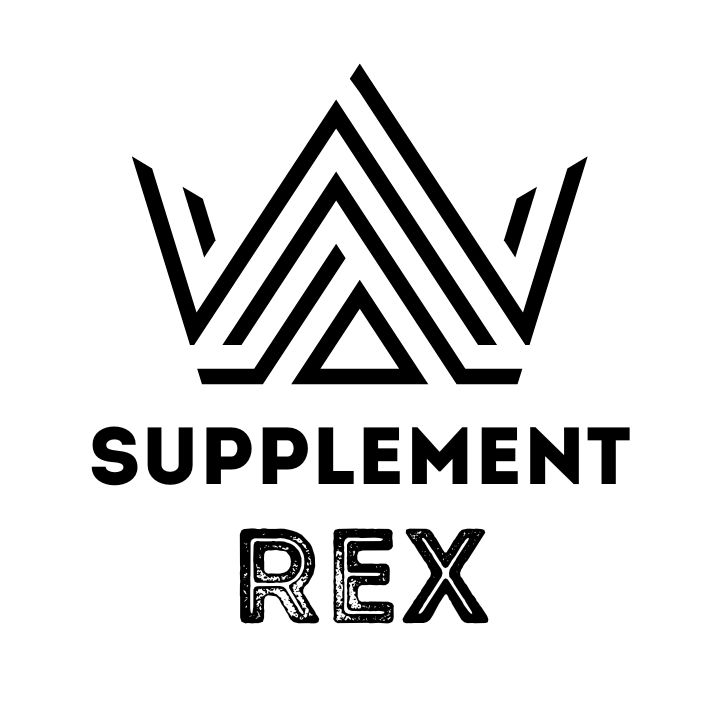How Long Does It Take for Supplements to Work: A Comprehensive Guide
In a world where health and wellness are increasingly prioritized, dietary supplements have become an integral part of daily routines. Ranging from vitamins and minerals to botanicals and probiotics, these supplements aim to enhance overall health, boost energy, and support optimal bodily functions.
A common question often arises: How long does it take for supplements to work?
In this article, we delve into the factors that influence supplement absorption, the expected timelines for common supplements, and tips for maximizing supplement efficiency.
Factors Influencing Supplement Absorption
The effectiveness and absorption of supplements depend on several factors:
Bioavailability
The body’s ability to absorb and utilize a specific nutrient is known as its bioavailability. Factors such as the supplement’s formulation, the presence of other nutrients, and individual differences in metabolism can all impact bioavailability.
Dosage and Form
Supplements come in various forms, including capsules, tablets, powders, and liquids. The chosen form and dosage can affect absorption rates and overall effectiveness.
Timing
Taking supplements at the right time and in the correct manner can significantly influence their absorption. For instance, some supplements are best taken with meals, while others are more effective when consumed on an empty stomach.
Iron supplementation is a great example here. While iron is generally well absorbed, consuming it with milk or other calcium-containing foods renders it ineffective. That’s why iron supplements should be taken on an empty stomach – or with a light, non-calcium-containing snack if the supplement causes you digestive distress. This affects how fast iron supplements work and it’s a cornerstone to an efficient iron regimen.
Individual Factors
Age, genetics, diet, and lifestyle can all influence how the body processes supplements. Personal health status, including any underlying health conditions, can also play a role in the rate and extent of nutrient absorption.
Common Types of Supplements and Their Expected Timelines


Here, we examine the typical timeframes for some of the most popular supplements:
Vitamin C
The immune-boosting effects of vitamin C supplementation can be noticed within a few days to a week, particularly during times of illness. For general health maintenance, it may take several weeks for the full benefits to become apparent.
Vitamin D
For those with a deficiency, improvements in mood and energy levels can be observed within a few weeks of consistent supplementation. However, it may take up to three months for vitamin D levels to stabilize in the body.
If you’re taking vitamin D for general health and support (it’s especially important in winter), you might not feel any immediate effects. Over time, however, the supplementation prevents deficits and protects you from potential issues like immunity drops or mental health consequences.
Fish Oil (Omega-3)
The benefits of fish oil supplementation, such as improved cardiovascular health and reduced inflammation, may take anywhere from a few weeks to several months to become evident.
Probiotics
Depending on the specific strain and dosage, noticeable improvements in gut health and digestion may occur within a few days to a few weeks of consistent probiotic use. A probiotic is definitely among the long-term supplements you might consider adding to your routine. Over time, your improved gut health status can impact a range of other bodily functions – from heart health to reducing anxiety and depression.
Multivitamins
The effects of a comprehensive multivitamin can vary widely, with some individuals noticing improvements in energy levels and overall well-being within a few weeks. However, it may take up to three months for the full benefits to manifest.
Magnesium
Magnesium supplementation may yield noticeable results, such as reduced muscle cramps and improved sleep quality, within a week. However, it may take several weeks to months for the body’s magnesium levels to stabilize.
Calcium
The effects of calcium supplementation on bone health can take several weeks to months to become evident, as the body gradually rebuilds and strengthens bone tissue. For immediate effects on muscle and nerve function, improvements may be noticed within a week or two.
B Vitamins
B vitamins are crucial for energy production and supporting various bodily functions. Depending on the specific B vitamin and individual factors, noticeable improvements in energy levels, mood, and cognitive function can be observed within a few days to a few weeks.
Coenzyme Q10 (CoQ10)
CoQ10 is an antioxidant that supports cellular energy production and heart health. The benefits of CoQ10 supplementation, such as increased energy and improved cardiovascular function, may take anywhere from two weeks to several months to become evident.
Maximizing Supplement Efficiency


To get the most out of your supplements, consider the following tips:
- Consult a healthcare professional: Speak with a doctor or registered dietitian to determine the appropriate supplements and dosages for your unique needs.
- Choose high-quality supplements: Opt for reputable brands that adhere to good manufacturing practices and provide transparent information about their ingredients and formulations.This is also a safety precaution. The FDA doesn’t regulate supplements in the same way it scrutinizes drugs. There is a lot more margin for error in the process (since supplements are, ultimately, not meant to treat conditions, but to support a healthy lifestyle.) By choosing a reputable brand, you’re better protected against quality issues and contamination in the production process.
- Follow the recommended dosage and instructions: Adhere to the suggested dosage and intake guidelines provided by the manufacturer or your healthcare professional. Pay special attention to potential interactions – both with medications and other supplements you’re taking.
- Combine supplements strategically: Some nutrients work synergistically, enhancing each other’s absorption and effectiveness. For example, combining vitamin D with magnesium or pairing iron with vitamin C can enhance bioavailability. Other combinations, however, are less than ideal – e.g., iron and a calcium supplement at the same time, since calcium reduces iron absorption.
- Monitor your progress: Keep track of your health and well-being as you incorporate supplements into your routine. This will help you determine whether the supplements are producing the desired effects or if adjustments are needed.
But, there is one final tip everyone should keep in mind:
Supplements are meant to support and enhance your overall health, not replace a balanced diet and regular exercise.
Prioritize consuming nutrient-dense foods, staying physically active, and managing stress for optimal health. This way, you’ll be getting most of your nutrients from your diet, you’ll achieve an optimal health status, and this will, in turn, help you better absorb, process, and benefit from the supplements you do choose to include in your diet.
Conclusion
The time it takes for supplements to work can vary significantly depending on factors such as the type of supplement, dosage, individual health status, and lifestyle habits. While some supplements may produce noticeable effects within days or weeks, others may take several months to yield tangible results. By choosing high-quality supplements, following recommended dosages, and consulting healthcare professionals, you can maximize the benefits of your supplementation regimen and support your journey towards optimal health.
Good luck and stay healthy!
References
- National Institutes of Health, Office of Dietary Supplements. (2021). Dietary Supplements: What You Need to Know. Retrieved from https://ods.od.nih.gov/HealthInformation/DS_WhatYouNeedToKnow.aspx
- Harvard T.H. Chan School of Public Health. (2021). Vitamins and Minerals. Retrieved from https://www.hsph.harvard.edu/nutritionsource/vitamins/
- Mayo Clinic. (2021). Dietary supplements: What to know before you buy. Retrieved from https://www.mayoclinic.org/healthy-lifestyle/nutrition-and-healthy-eating/in-depth/supplements/art-20044894
- Oregon State University, Linus Pauling Institute, Micronutrient Information Center. (2021). Micronutrient Inadequacies in the US Population: an Overview. Retrieved from https://lpi.oregonstate.edu/mic/micronutrient-inadequacies/overview
- National Center for Complementary and Integrative Health. (2021). Using Dietary Supplements Wisely. Retrieved from https://www.nccih.nih.gov/health/using-dietary-supplements-wisely
- American Heart Association. (2020). Fish and Omega-3 Fatty Acids. Retrieved from https://www.heart.org/en/healthy-living/healthy-eating/eat-smart/fats/fish-and-omega-3-fatty-acids



